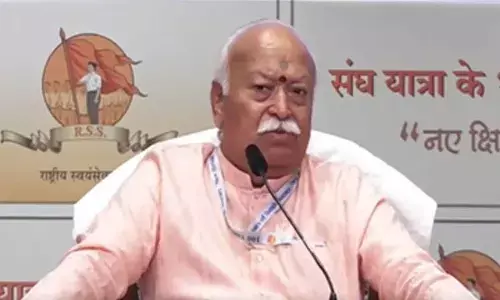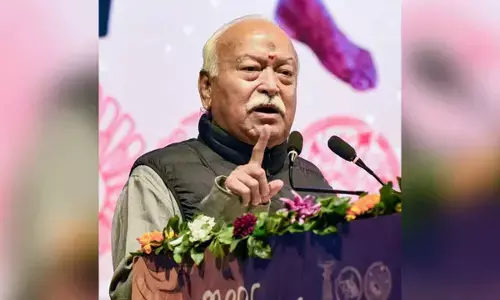New pathway shows promise for developing advanced vaccines for TB
Share :

A team of scientists has identified an "unconventional" immune response that can pave the way for developing new vaccines for tuberculosis (TB).
New Delhi: A team of scientists has identified an "unconventional" immune response that can pave the way for developing new vaccines for tuberculosis (TB).
The team from Hackensack Meridian Center for Discovery and Innovation (CDI) in US zeroed in on Marginal zone B (MZB) cells -- a natural response to tuberculosis infection that has been long overlooked.
These cells, they said, would be a welcome new target that might be strengthened through new vaccinations to better treat and prevent the illness.
Using high-dimensional flow cytometry, the scientists tracked the progression of infection in an animal model. In the paper, published in the journal Cell Reports, they demonstrated that B cells altered their immunological landscape towards MZB cells.
Detailed observation of this transition revealed that MZB cells responded to infection with increased activity and memory-like phenotypic expression. As a result, cytokine patterns were altered, boosting cell-mediated immunity.
"This discovery opens a new avenue in TB vaccine development, suggesting that targeting B cells for their regulatory functions could be a promising new strategy," said the team led by Martin Gengenbacher from CDI.
Because the only TB vaccine available, the 100-year-old Bacille Calmette-Guerin, or BCG, is now becoming highly unreliable, the team advocated improving BCG by designing it to encourage the formation and communication of B cells, an important component of the immune system.
The researchers' goal with this technique is to create a second-generation TB vaccine that will provide dependable and long-lasting protection against new infections while also helping treat current tuberculosis infections by complementing antibiotic therapy.













